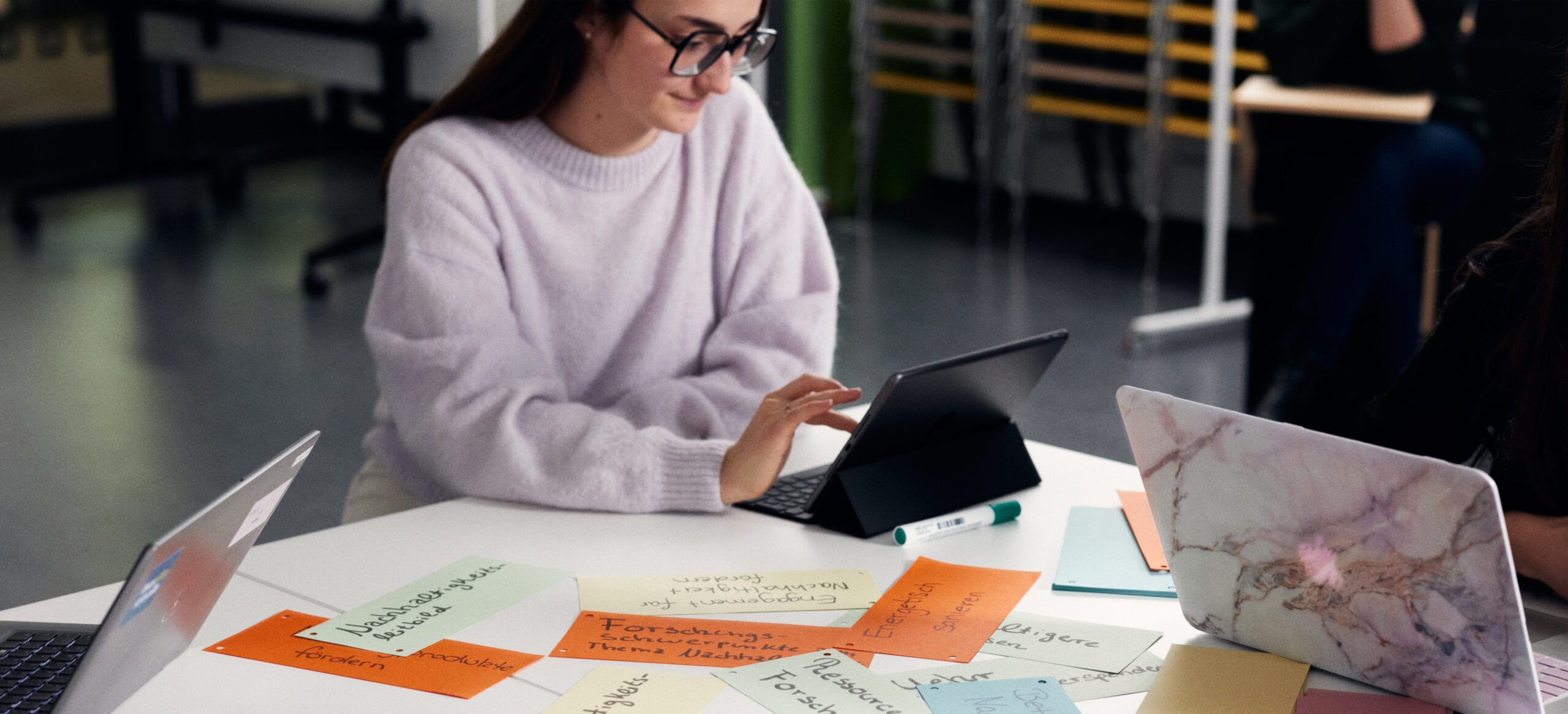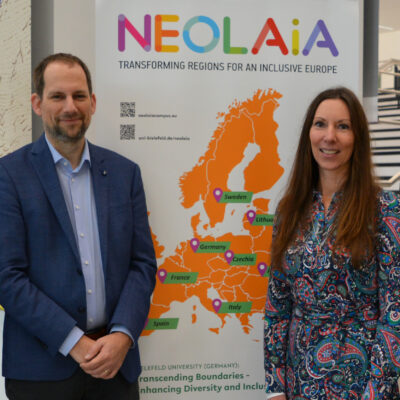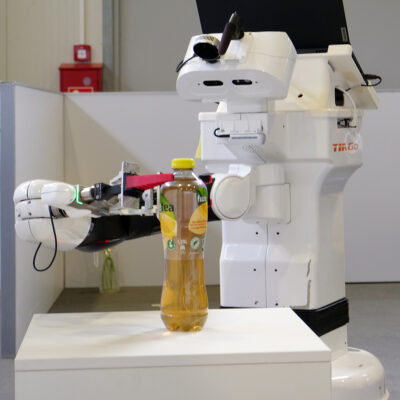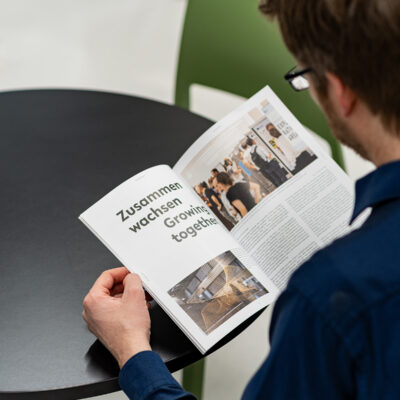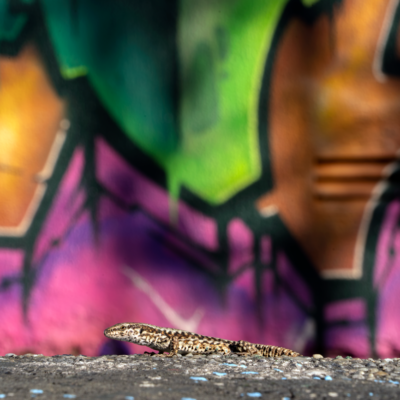Anyone planning international courses with students and academic staff from different countries can now set up something known as a blended intensive programme (BIP for short). This is a teaching format that combines international online or hybrid teaching with a short-term attendance phase abroad. Bielefeld lecturers from various faculties have already had some experience with this format—often in cooperation with teaching staff and students from the European university network NEOLAiA.
Blended intensive programmes were created as a new form of international experience for students at bachelor, master, or doctoral level who have had little or no international experience to date. This might be because they think organizing an entire semester abroad is too complex, or because insufficient financial resources are available, or because they have so far lacked the courage to go abroad. Blended intensive programmes are intended to offer a low-threshold international opportunity. Three Bielefeld teaching teams report on their experiences.
Shedding light on our own historiography
The political conditions of historiography and historical research in various European countries in the 20th century—this was the topic of a BIP designed by Bielefeld historian Dr Bettina Brandt together with five other colleagues from the European university network NEOLAiA. A total of thirty-eight master’s and doctoral students from Bielefeld, Jaén (Spain), Örebro (Sweden), Ostrava (Czech Republic), and Tours (France) registered for the programme. ‘So many registrations came as a positive surprise to us teachers,’ says Bettina Brandt. From Bielefeld alone, there were 10 history and sociology students. Three online events were held in spring 2024 for the international group to prepare and follow up on the attendance phase in Örebro, Sweden. This gave them enough time and space to work out common interests and suitable questions for the five days in Sweden and to reflect on them afterwards. During the attendance phase, ‘students should also transcend their own national context and work in mixed groups,’ explains Bettina Brandt.
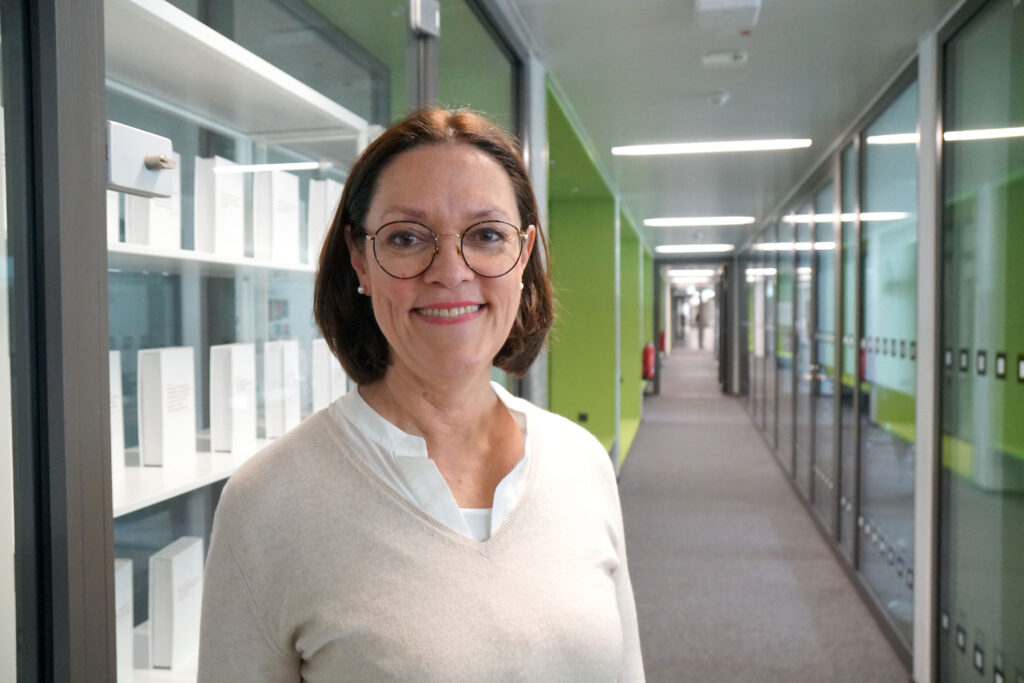
© Bielefeld University
The students examined the topics of historiography in Sweden, France, and Germany; national history as a political argument in the founding of the Czechoslovak Republic; national monuments and places of remembrance as interpretations of history in the 20th century; and reinterpretations of colonialism in the transition from national to European historical narratives. ‘The sheer diversity of European perspectives on the topic and the intensive exchange on the different historical cultures were impressive,’ recalls Bettina Brandt. The group focused primarily on questions regarding the significance of narrative forms for the social relevance of historical studies and the effects of their own form of presentation and way of writing history. An excursion to Alfred Nobel’s Björkborn estate near Örebro, a historical learning centre, was a must for the success of this learning experience. Bettina Brandt adds: ‘A trip like this allows participants to gain insights that would be impossible without the BIP’s mobility component.’ The international team of NEOLAiA teachers is already planning to continue the format: a BIP with a stay in Ostrava will follow in 2025, in Tours in 2026, and in Bielefeld in 2027.
International perspectives on individual doctorates
For a BIP in autumn 2023, Dr Sabine Schäfer and Dr Clara Buitrago from the Bielefeld Graduate School in History and Sociology (BGHS) brought together doctoral researchers and professors from long-standing international cooperation universities in the social sciences and humanities—and this also included an attendance phase in Bielefeld. Its overarching aim is to provide doctoral researchers with the opportunity to reflect on, discuss, and advance their own dissertation projects through international and interdisciplinary exchange.
All in all, seven professors and thirteen doctoral researchers from the universities in Bologna (Italy), Helsinki (Finland), Paris (France), and Tel Aviv (Israel) as well as from the NEOLAiA partner universities in Jaén and Örebro came together with six professors and six doctoral researchers from Bielefeld. The format here was also a mixture of virtual and in-person phases: at the end of September 2023, the group first met in Bielefeld to work on academic understanding and knowledge production in a five-day on-site format. We wanted to draw on the diversity of the participants to reflect on the influence their individual perspectives have on the research process and how these perspectives can be used for their dissertation projects and the progress of their work,’ explains Sabine Schäfer.
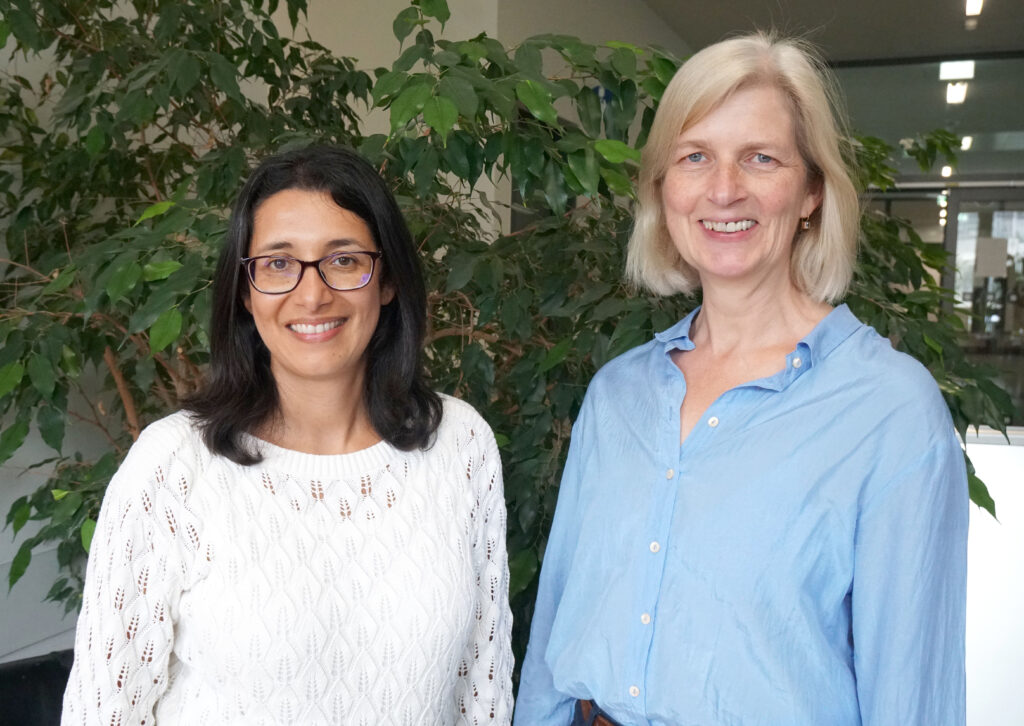
© Bielefeld University
First, the doctoral researchers presented their dissertation projects to each other during their attendance phase in Bielefeld as part of a research retreat. This was followed by a workshop on good academic practice and a visit to the Historical Museum with time for reflection. After their time together in Bielefeld, the participants were ‘impressed by the organization and structure’. This was followed by the virtual phase of this BIP: the doctoral researchers and lecturers worked on theories and methods in their research fields in various online formats. Bielefeld organizer Clara Buitrago sums up: ‘The BIP offered our participants a safe and constructive space for discussing doctoral projects, especially for international, interdisciplinary, and academic exchange.’
Reflecting on inclusion and diversity
In spring 2023, Professor Dr Michaela Vogt and Marlene Pieper, along with colleagues from Örebro University and the University of Ostrava (partners in the NEOLAiA network), set up a first joint BIP with an attendance phase in Bielefeld for students interested in studying the topics of diversity and inclusion within the framework of educational science and sociology. Subsequently, others have taken on the role of host with a second round already completed in Örebro in March 2024. The objective: to discuss inclusion in schools from an international comparative perspective and thus to scrutinize and expand our own ideas on inclusive pedagogical practice. ‘The participants introduce learning and teaching materials from school lessons in their respective country in order to check them for inclusion sensitivity—as a kind of door opener to start a dialogue about inclusion in the respective education system,’ explains Marlene Pieper. In 2023, a total of 39 students and 15 lecturers from the NEOLAiA network took part in this BIP. They came from Bielefeld (Germany), Jaén (Spain), Örebro (Sweden), Ostrava (Czech Republic), Suceava (Romania), Tours (France), Salerno (Italy), and Siauliai (Lithuania). Associated partners from the Ukrainian university NaUKMA in Kiev also took part.
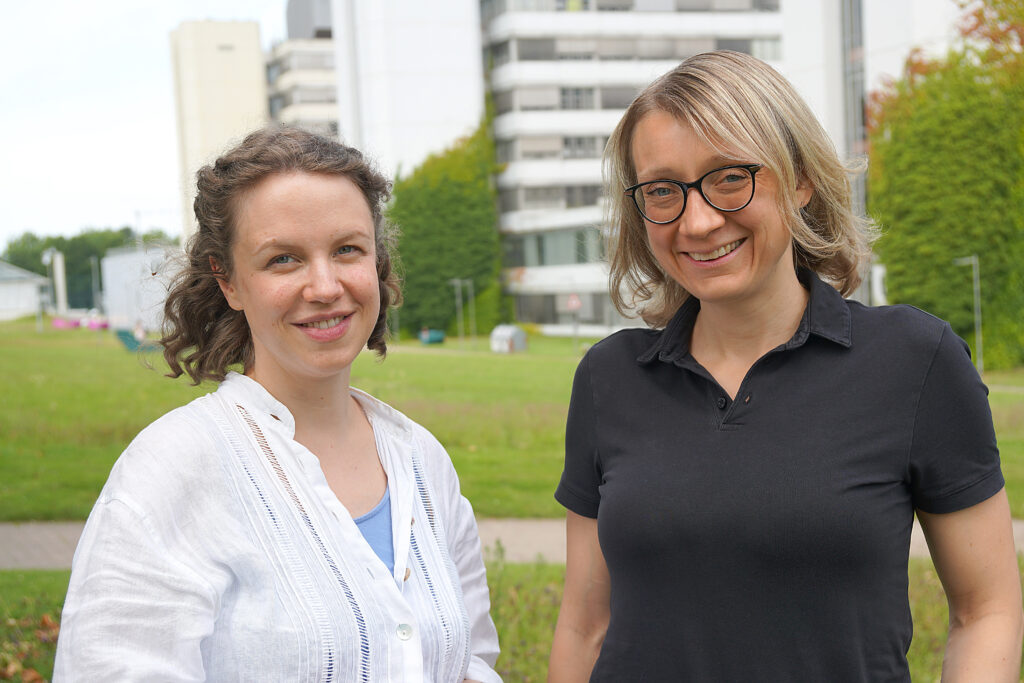
© Bielefeld University
This BIP was based on questions that the participating academics are investigating in joint research projects. ‘Our BIP format enables us to integrate student feedback and the student perspective into the further development of our projects,’ explains Professor Dr Michaela Vogt, adding: ‘And last but not least, we see that we can strengthen the European idea with such international programmes and make it more tangible; an idea that is open to a larger number of student groups through the BIP format itself.’ One of the participants commented on this in the final survey: ‘I learnt more than I could have expected, especially on an intercultural level. The BIP has sharpened my awareness of other perspectives on teaching and learning, but also of other cultures and my receptiveness to them.’
